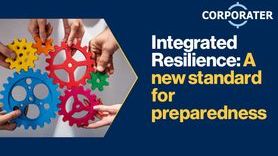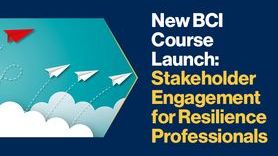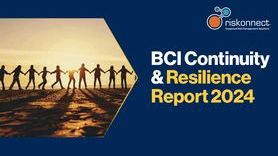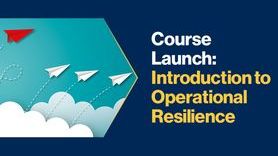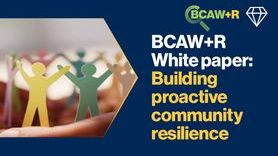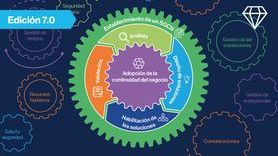3 out of 4 supply chains adversely affected by COVID-19

The latest BCI report, COVID19: The Future of Supply Chain, shows the devastating impact the pandemic has had on supply chains, with 73% of organizations encountering ‘some’ or ‘significant’ detrimental affect on the supply side.
This was, in part, caused by the fact that less than half (49.5%) of businesses had plans in place that sufficiently covered them for the supply chain issues that arose during the first few months of the coronavirus.
The report does, however, highlight that many lessons have be learnt, and that organizations will be taking steps to ensure their supply chains are more robust for the next incident or crisis.
Over half (57.2%) will look to diversify their supplier base post-pandemic, for many organizations this means reducing their reliance on the Far East (29.9%), and a further 13.1% from China. There will also be a shift towards sourcing goods more locally (66.2%), and others will look at additional stockpiling.
Other areas organizations have highlighted for improvement include – due diligence deeper into their supply chains, although this has largely been carried on tier 1 suppliers, improvements can be made on tier 2 suppliers and beyond; and improved documentation, including specific pandemic plans that include supply chains.
BCI Head of Thought Leadership, Rachael Elliott commented: “With three out of four organizations reporting their supply chains have been adversely affected by COVID-19, this report serves as a timely overview of the issues organizations have suffered throughout the pandemic. It serves as a benchmark to organizations, but also offers suggestions on measures organizations could consider implementing into their future supply chain strategies to help similar issues reoccurring in the face of a second wave or future global crisis. Whilst the pandemic continues to wreak havoc with supply chains globally, it has also brought opportunity: many organizations are already actively investing in new technologies to help with activities such as supply chain mapping, whilst others have developed cross functional teams – which they plan to keep post-COVID – to work together to help combat supply chain issues in a more organizationally cohesive way.”
The BCI would like to thank Resilience360 for their contribution support on this piece of research.






